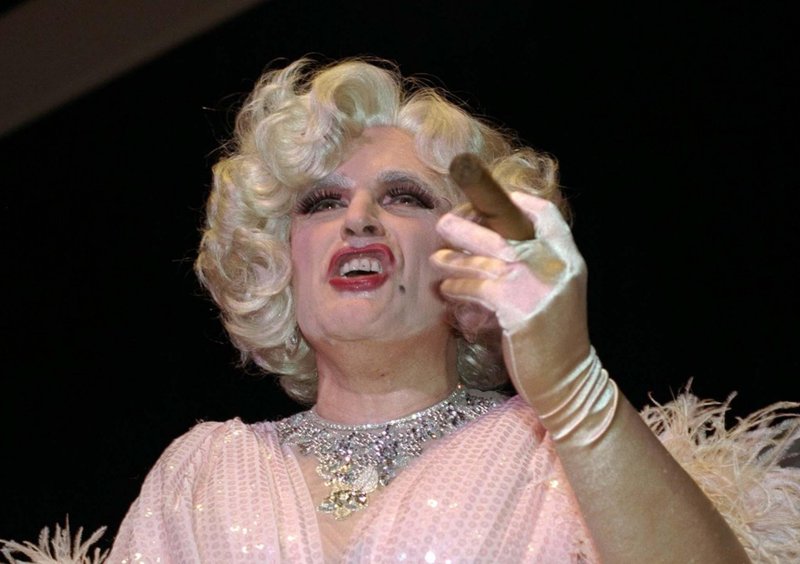What Rights Should Straight People Have That Gay People Should Not?
Rudy Giuliani opposes gay marriage because he “believes marriage is between a man and a woman,” as his campaign Web site states. But he supports domestic partnerships, which he believes recognize “equal rights under law for all Americans.”
What’s the difference between a “marriage” and a “partnership”? 1,100 federal rights and responsibilities, according to the Washington Post.
The next question then arises, as Marc Ambinder has put it: “What rights should straight people have that gay people shouldn’t?”
This is political dynamite, and even as Rudy declines to specify, the way he has framed the distinction implies an answer. If, as he says, he supports “equal rights,” then the only difference between “marriage” and “partnership” is semantic—a kind of “separate but equal” doctrine. Anything beyond semantics, however, logically necessitates unequal rights.
In other words, either you support equality or you support discrimination.
Rudy seems to recognize this dilemma; as a campaign spokeswoman told the Boston Globe, “It’s about rights and benefits more than the title.” Indeed, this was a point Rudy made in 2004 on the O’Reilly Factor: “So now you have a civil partnership, domestic partnership, civil union—whatever you want to call it—and that takes care of the imbalance, the discrimination, which we shouldn’t have.”
To be sure, people can reasonably disagree as to whether such sweeping change should arise democratically or juridically. But procedural issues aside, if the difference between “gay marriage” and “domestic partnership” is just words, then what’s the big deal anyway?
Addendum: Even Charles Krauthammer, who is rarely at a loss for perspicuity, can barely muster up an argument. “I think it is a mistake for society to make this ultimate declaration of indifference between gay and straight life, if only for reasons of pedagogy,” he writes.

 Comments
Comments